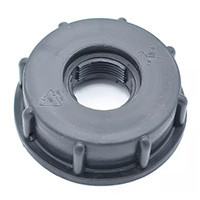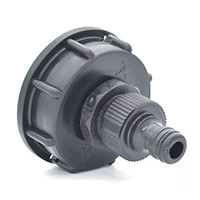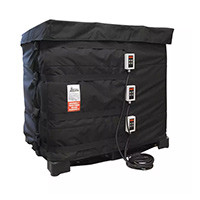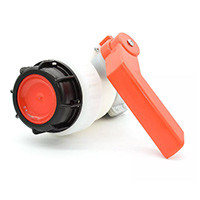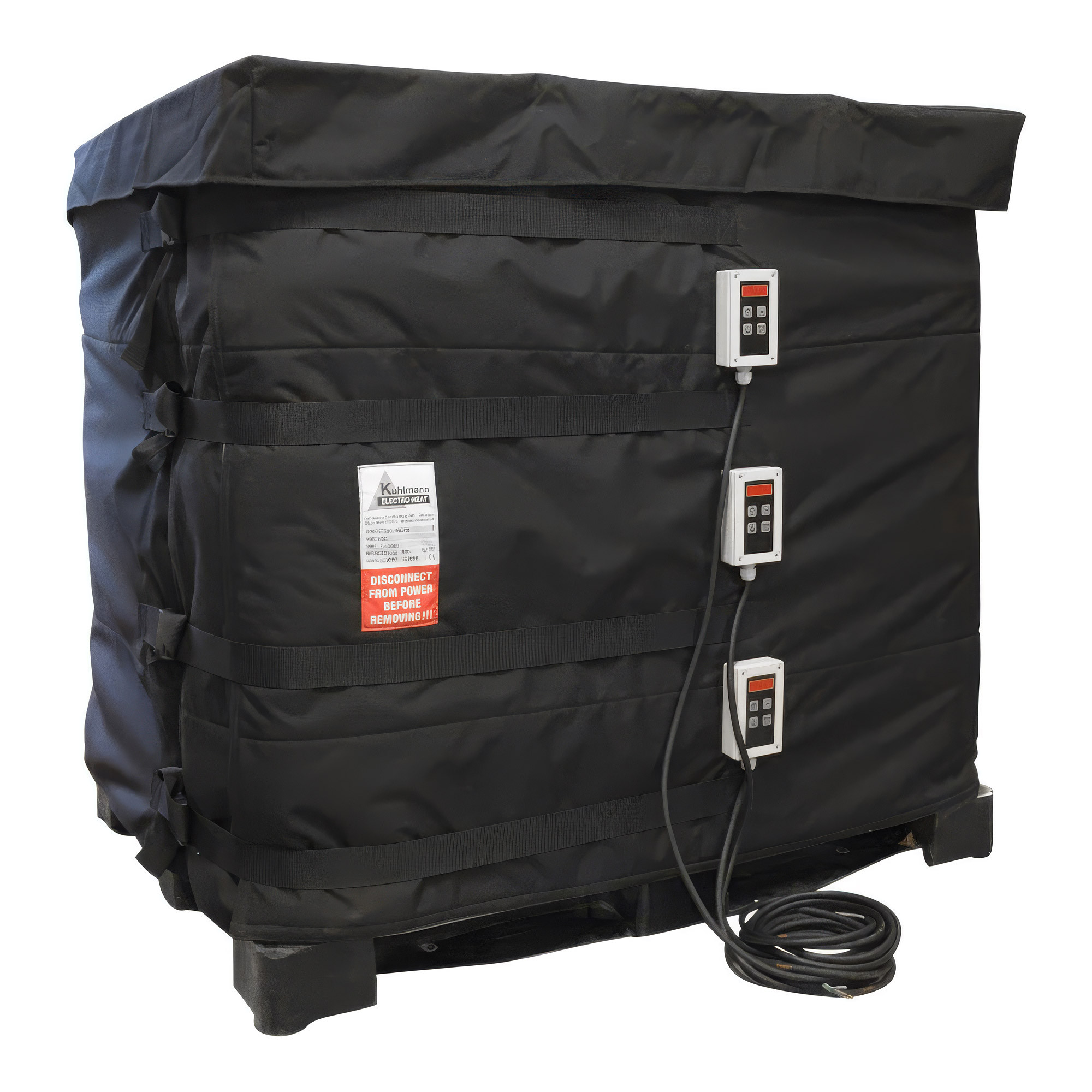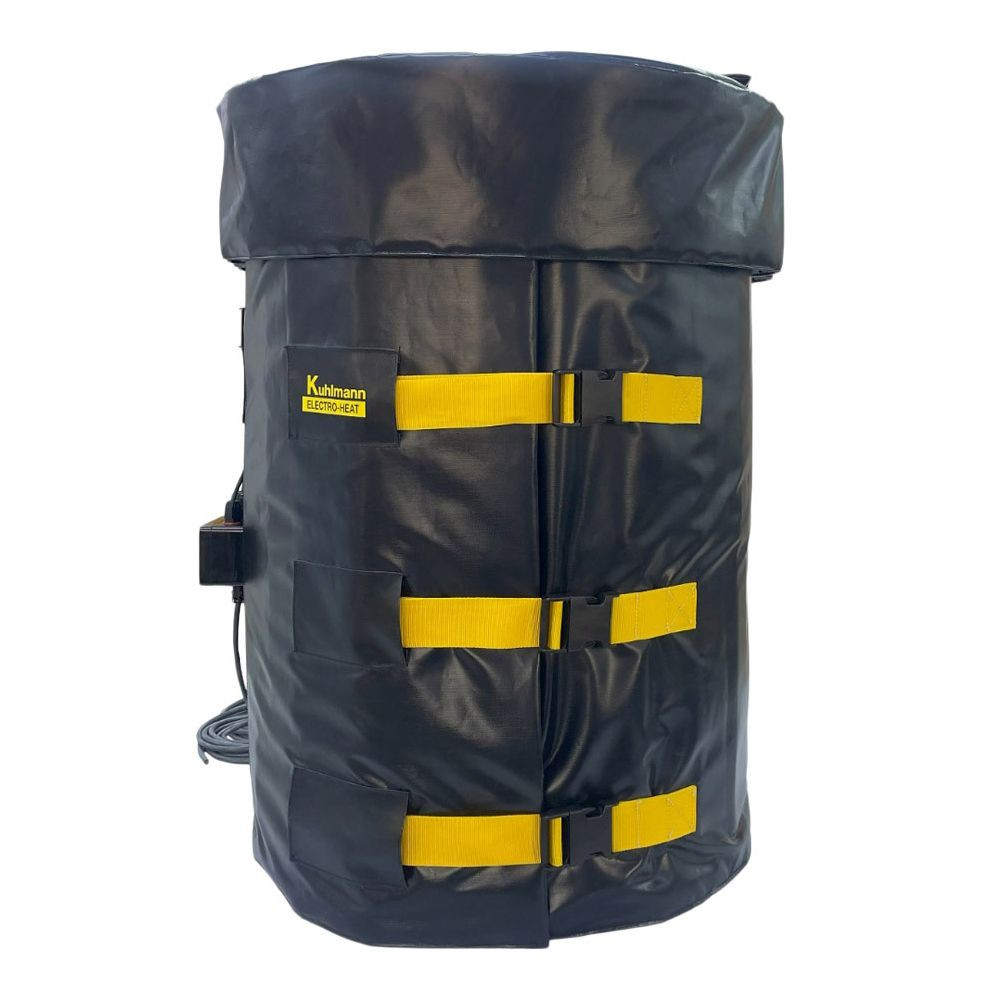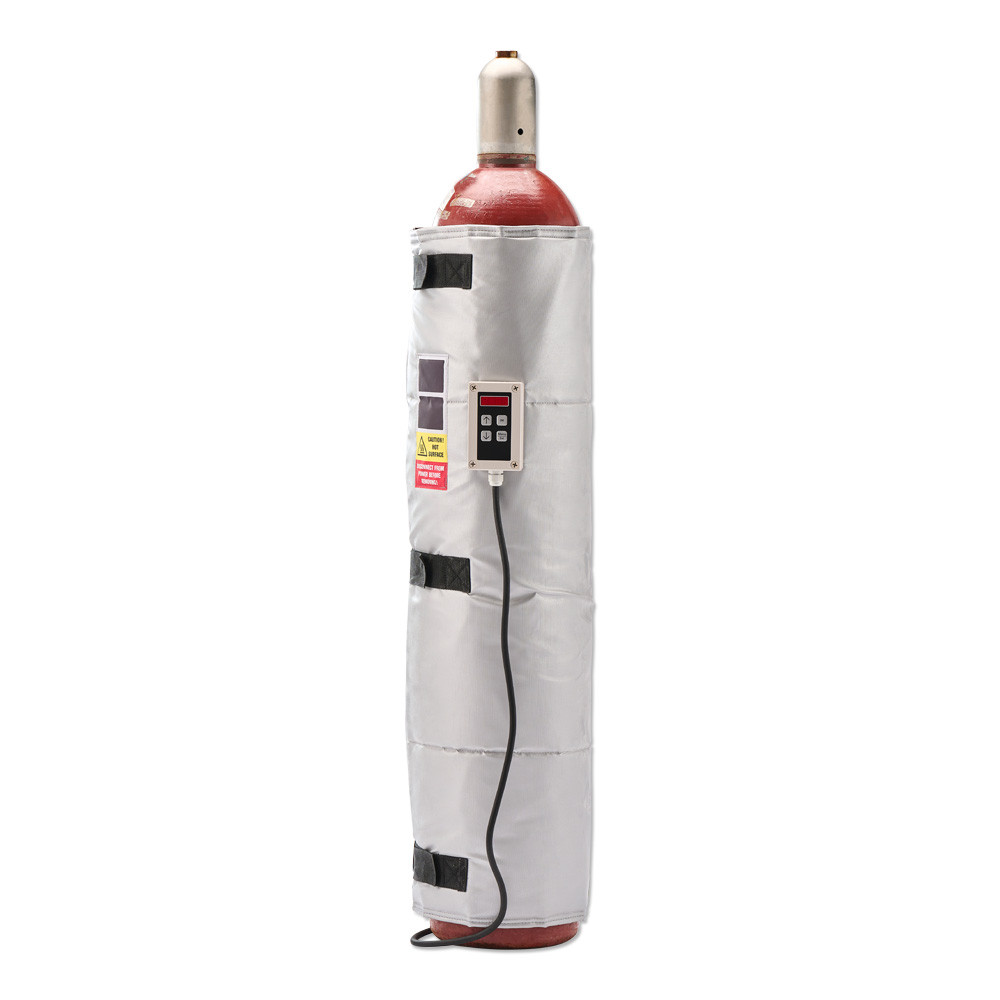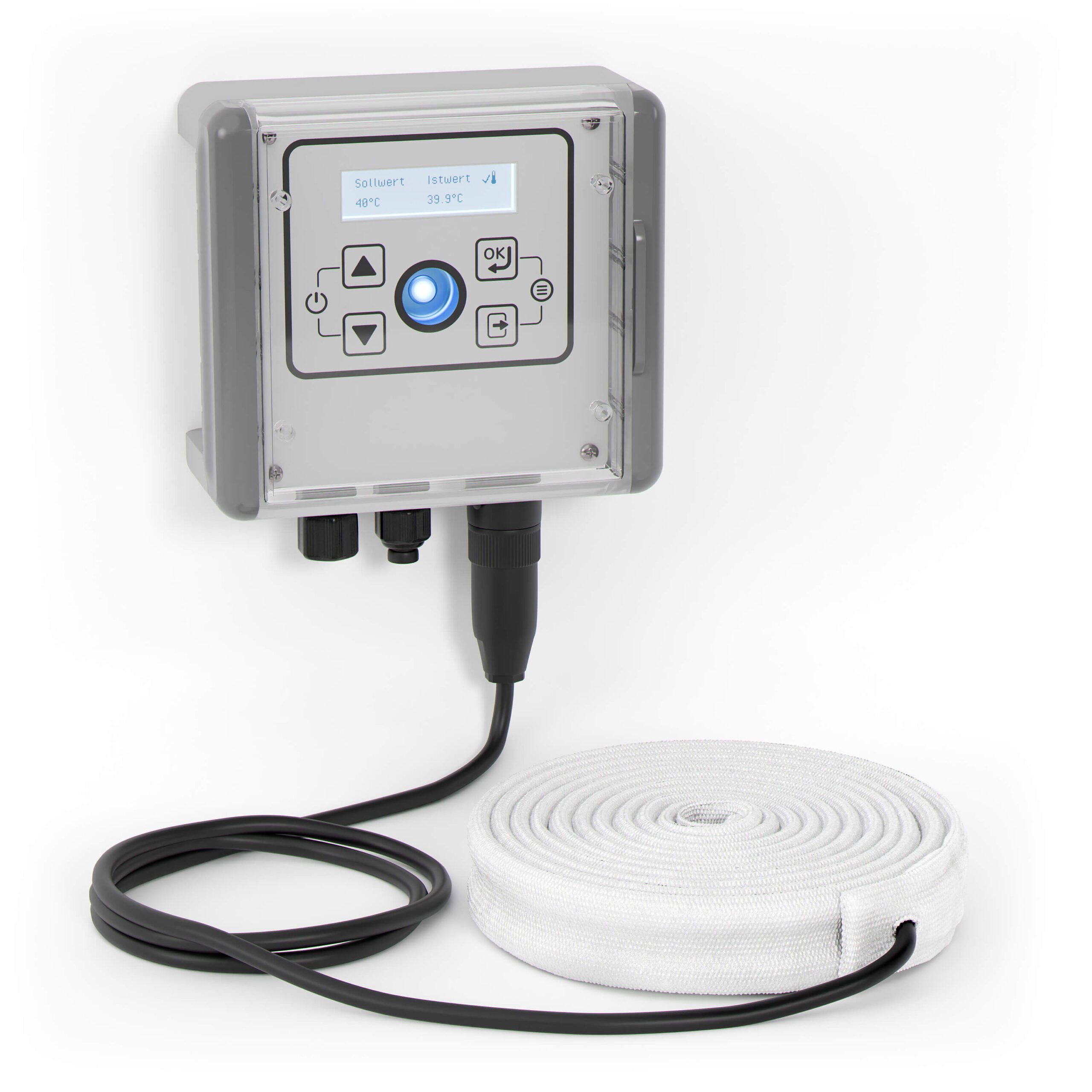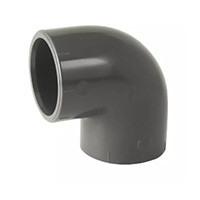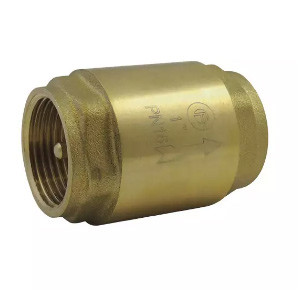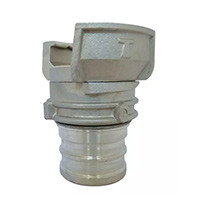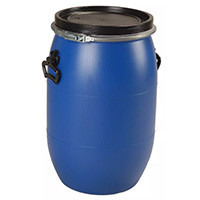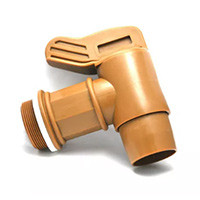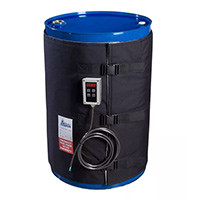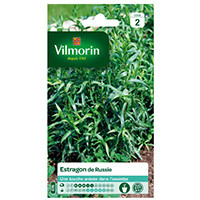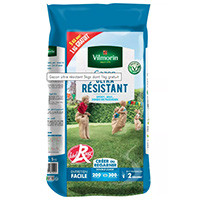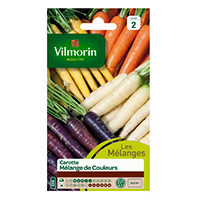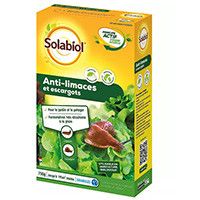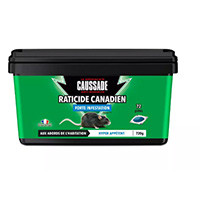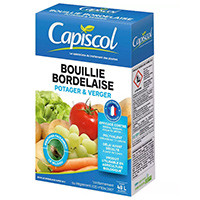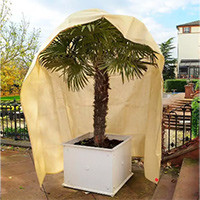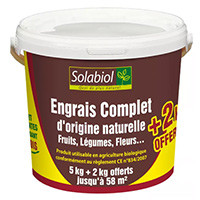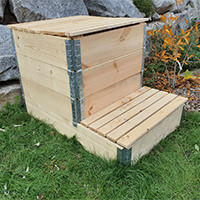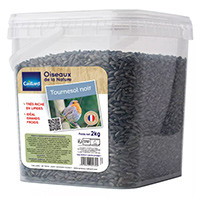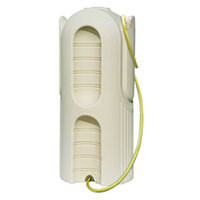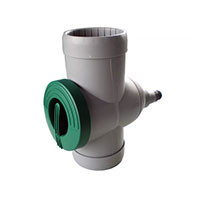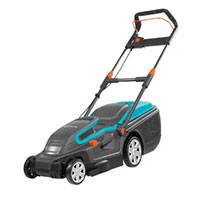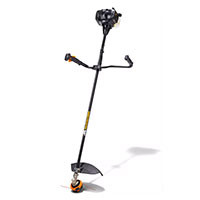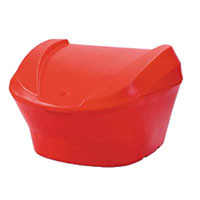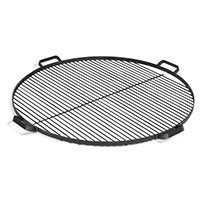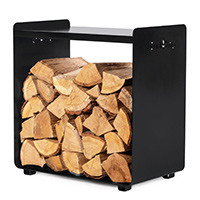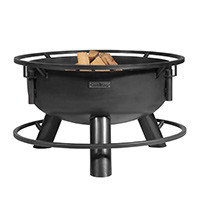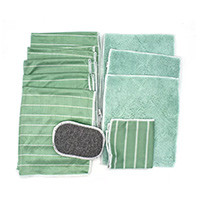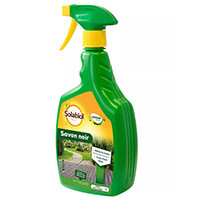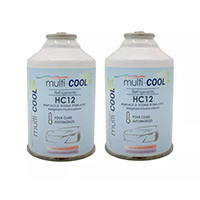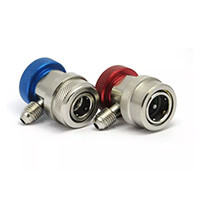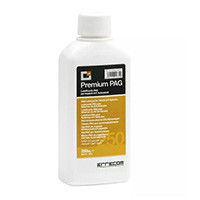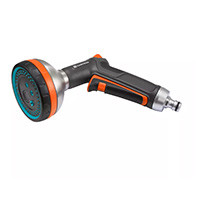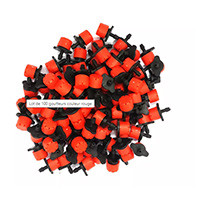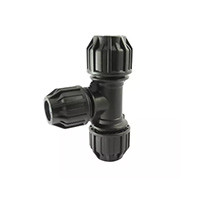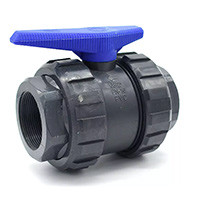
Rainwater harvesting for the home: the rules to know
Categories : Advice
Do you want to install a rainwater recovery system at home but don't know the basic rules to follow? Here is everything you need to know to collect rainwater and use it for your home.
Article 641 of the Civil Code states that "every owner has the right to use and dispose of rainwater that falls on his fund". We grant you, it's a bit of jargon ... But it's good news: it means that as an owner, you have the right to collect rainwater that falls in your home. The other good news is that since the decree of August 21, 2008, you can even use it inside the house.
However and still according to this decree, rainwater is considered non-potable, in other words you cannot consume it. Indeed, the public health code, in articles R1321-1 et seq., Clarifies the fact that for all so-called “domestic” uses, “the use of so-called 'drinking' quality water is required […] taking into account the health risks that may exist ”.
Therefore, the use of rainwater is allowed inside the house ... But it is limited to so-called "non-domestic" uses and must meet certain conditions. An elementary rule also governs the collection of rainwater if it is desired to use it at home: it must imperatively be collected downstream of so-called inaccessible roofs.
Be aware that using rainwater to wash or cook your food, to wash dishes or for your hygiene (bath, shower, tooth cleaning, etc.) is as prohibited as drinking it. Admittedly, the ordinance of January 5, 2017 extended the use of non-potable water to certain domestic uses, but the use of rainwater for these purposes remains limited to cases where the quality of the water is sufficient good so that its use has no impact on health.
For what purposes can I collect rainwater inside the house?
These points being clarified, you are probably wondering for what exactly uses the collected rainwater can be used. Here is the list of authorized uses inside the house:
The WC supply (flushing);
Washing floors;
Feeding the washing machine, provided that the recovery device includes a treatment and filtration system sufficiently effective to rid rainwater of its small bacteria.
Now that the uses of rainwater are clear, also keep in mind that installing a rainwater recovery tank for uses inside the house involves:
To make a declaration of use at the town hall, in the event that your rainwater use installation is connected to the community's sanitation network, that is to say in the case where the water from used rain is discharged into the sewers;
Install a meter in order to have an accurate estimate of the volume of water discharged;
To differentiate the network of POTABLE water pipes and tanks from the network of NON-POTABLE water pipes and tanks by means of clear distinctive signs, communication between these two networks being prohibited;
To give free access to its property to the agents of the public drinking water distribution service who would need to carry out a control of the installation for any reason;
Maintain well each year both the tank and the filtration system.
We mentioned the use of rainwater inside the house ... But what about other buildings? First, keep in mind that all the rules mentioned above apply as much at home than in a building housing a business.
This means that in the event that a company collects rainwater and wishes to use it to supply its toilets, it too must make a declaration at the town hall, distinguish the two networks - potable and not drinking water - from pipes and water tanks, and maintain the water recovery system.
However, some buildings are not allowed to use rainwater. Among them are:
Crèches, nursery schools and elementary schools;
Health establishments;
Medical and social accommodation establishments for the elderly;
Medical and dental offices;
The medical analysis laboratories;
And finally, blood establishments.
At Multitanks we have a wide range of tanks and cans specially designed to collect rainwater and use it easily. IBC tank, Garden Pack, Ecobase, Ecociter, to bury or to install outdoors… We have several models and capacities. Contact us for more information or visit our site to find the water collector that suits you best.
What does the law on rainwater harvesting say?
Article 641 of the Civil Code states that "every owner has the right to use and dispose of rainwater that falls on his fund". We grant you, it's a bit of jargon ... But it's good news: it means that as an owner, you have the right to collect rainwater that falls in your home. The other good news is that since the decree of August 21, 2008, you can even use it inside the house.
However and still according to this decree, rainwater is considered non-potable, in other words you cannot consume it. Indeed, the public health code, in articles R1321-1 et seq., Clarifies the fact that for all so-called “domestic” uses, “the use of so-called 'drinking' quality water is required […] taking into account the health risks that may exist ”.
Therefore, the use of rainwater is allowed inside the house ... But it is limited to so-called "non-domestic" uses and must meet certain conditions. An elementary rule also governs the collection of rainwater if it is desired to use it at home: it must imperatively be collected downstream of so-called inaccessible roofs.
Be aware that using rainwater to wash or cook your food, to wash dishes or for your hygiene (bath, shower, tooth cleaning, etc.) is as prohibited as drinking it. Admittedly, the ordinance of January 5, 2017 extended the use of non-potable water to certain domestic uses, but the use of rainwater for these purposes remains limited to cases where the quality of the water is sufficient good so that its use has no impact on health.
For what purposes can I collect rainwater inside the house?
These points being clarified, you are probably wondering for what exactly uses the collected rainwater can be used. Here is the list of authorized uses inside the house:
The WC supply (flushing);
Washing floors;
Feeding the washing machine, provided that the recovery device includes a treatment and filtration system sufficiently effective to rid rainwater of its small bacteria.
What should I do after installing the recovery system?
Now that the uses of rainwater are clear, also keep in mind that installing a rainwater recovery tank for uses inside the house involves:
To make a declaration of use at the town hall, in the event that your rainwater use installation is connected to the community's sanitation network, that is to say in the case where the water from used rain is discharged into the sewers;
Install a meter in order to have an accurate estimate of the volume of water discharged;
To differentiate the network of POTABLE water pipes and tanks from the network of NON-POTABLE water pipes and tanks by means of clear distinctive signs, communication between these two networks being prohibited;
To give free access to its property to the agents of the public drinking water distribution service who would need to carry out a control of the installation for any reason;
Maintain well each year both the tank and the filtration system.
Can all buildings use rainwater?
We mentioned the use of rainwater inside the house ... But what about other buildings? First, keep in mind that all the rules mentioned above apply as much at home than in a building housing a business.
This means that in the event that a company collects rainwater and wishes to use it to supply its toilets, it too must make a declaration at the town hall, distinguish the two networks - potable and not drinking water - from pipes and water tanks, and maintain the water recovery system.
However, some buildings are not allowed to use rainwater. Among them are:
Crèches, nursery schools and elementary schools;
Health establishments;
Medical and social accommodation establishments for the elderly;
Medical and dental offices;
The medical analysis laboratories;
And finally, blood establishments.
At Multitanks we have a wide range of tanks and cans specially designed to collect rainwater and use it easily. IBC tank, Garden Pack, Ecobase, Ecociter, to bury or to install outdoors… We have several models and capacities. Contact us for more information or visit our site to find the water collector that suits you best.
Share this content





